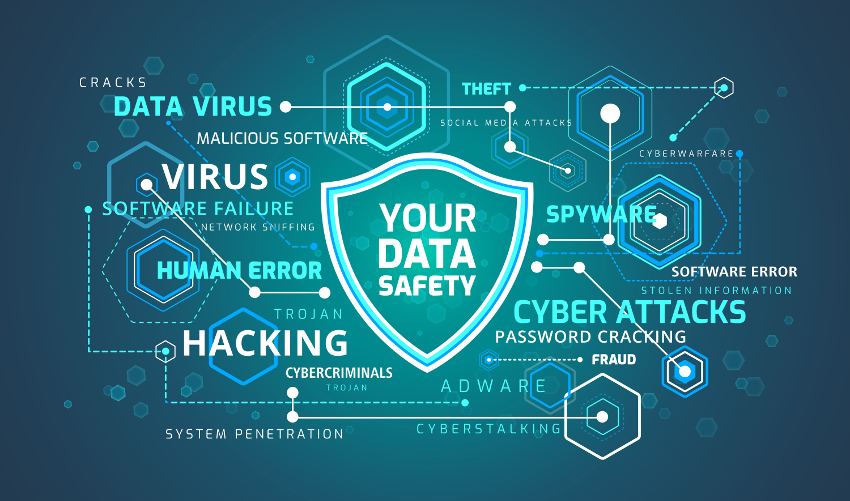In today’s digital age, cybersecurity is no longer a luxury reserved for large corporations. Small and medium-sized businesses (SMBs) are increasingly becoming targets for cyberattacks. A single data breach can have devastating consequences, including financial losses, reputational damage, and legal liabilities.
Why SMBs Are Vulnerable
- Limited Resources: SMBs often lack the budget and personnel to invest heavily in cybersecurity.
- Lack of Awareness: Many SMB owners and employees may not be fully aware of the latest cyber threats and how to protect against them.
- Outdated Systems and Software: Outdated systems and software can have vulnerabilities that cybercriminals can exploit.
- Remote Work: With the rise of remote work, SMBs face additional security challenges, such as unsecured home networks and devices.
The Impact of a Cyberattack on SMBs
- Financial Loss: Data breaches can lead to significant financial losses due to data recovery costs, legal fees, and lost business.
- Reputational Damage: A data breach can damage a company’s reputation, leading to loss of customer trust and business.
- Operational Disruption: Cyberattacks can disrupt business operations, leading to downtime and productivity loss.
- Legal Penalties: Non-compliance with data protection regulations can result in hefty fines and legal penalties.
Key Cybersecurity Measures for SMBs
-
Employee Training:
- Conduct regular cybersecurity awareness training for all employees.
- Educate employees about phishing attacks, social engineering, and other common cyber threats.
- Encourage employees to use strong, unique passwords and enable two-factor authentication.
-
Strong Passwords and Access Controls:
- Implement strong password policies and enforce regular password changes.
- Limit access to sensitive data and systems to authorized personnel.
- Use multi-factor authentication to add an extra layer of security.
-
Regular Software Updates:
- Keep all software and operating systems up-to-date with the latest security patches.
- Use automated update tools to streamline the process.
-
Robust Firewall Protection:
- A firewall can help protect your network from unauthorized access and cyberattacks.
- Consider using a cloud-based firewall for added security.
-
Data Backup and Recovery:
- Regularly back up important data and store it securely off-site.
- Test your backup and recovery procedures to ensure they work.
-
Cybersecurity Insurance:
- Consider purchasing cybersecurity insurance to protect your business from financial losses due to cyberattacks.
-
Regular Security Audits:
- Conduct regular security audits to identify vulnerabilities and assess the effectiveness of your security measures.
By implementing these cybersecurity measures, SMBs can significantly reduce their risk of cyberattacks and protect their valuable data. It’s important to remember that cybersecurity is an ongoing process, and businesses must stay vigilant and adapt to the ever-evolving threat landscape.





Leave a Reply to Miranda1196 Cancel reply